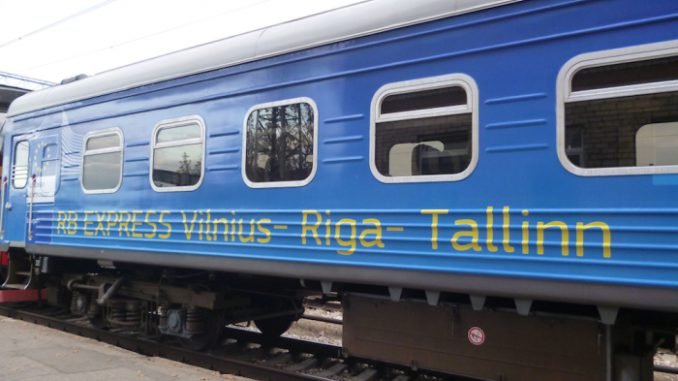
Estonia’s Prime Minister Juri Ratas said he saw no reasons for lower EU support in the next financial perspective.
“Today I see no reason or fear of the change of the funding scheme, the three Baltic states stated that we wish to continue the project. F or us it signifies a historic alliance between the three Baltic states,” Juri Ratas told a Tallinn news conference.
In his words, if the financing scheme changes and Rail Baltica is provided less than 81 percent in EU support, the Baltic states should sit down and discuss what they should do next.
Latvia’s Prime Minister Maris Kučinskis said the project would move forward, as “there is no way back.”
Donald Tusk, president of the European Council, told the news conference that he, as a Polish national, could understand the importance of the project for the Baltic states and Poland, as well as the whole Europe: “This is where you can count on me in this process.”
“The agreement sends a very clear message to partners in the European Union – the Baltic states have united and made a very clear commitment to implement the strategic infrastructure project,” Lithuania’s Prime Minister Saulius Skvernelis said in a press release circulated by the government.
The agreement expresses political will to implement the project by 2026, with the Vilnius link to be anchored as integral part of Rail Baltica. The deal is yet to be ratified by the parliaments of Lithuania, Latvia and Estonia.
According to various calculations, Rail Baltica is estimated at 3.7-5.2 billion euros.

Be the first to comment